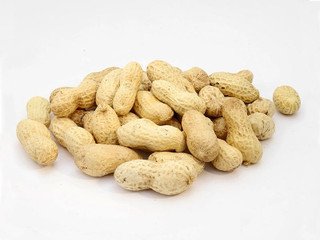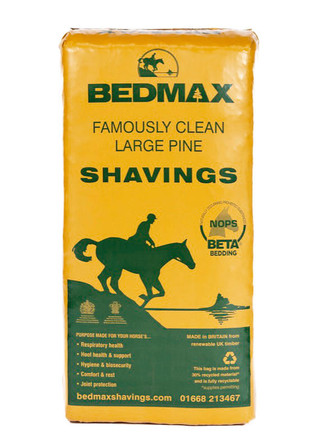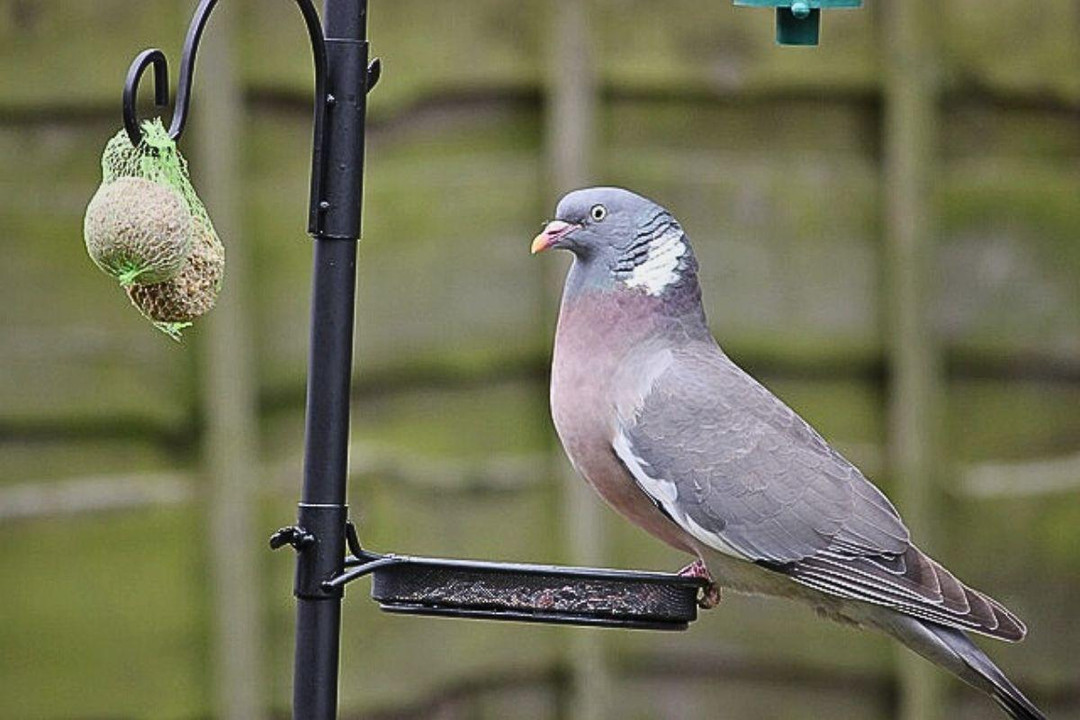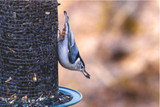How to Protect Your Bird Feeders from Pigeons ?
You must have noticed damaged feeding ports, hanging mechanisms, perches, lids and bottoms. Who could be the prime culprit? Bird feeders are meant to care for birds’ dietary needs autonomously, but not all birds approach there to fill their stomachs. Some are aggressive, invasive and highly populated who come around the bird feeders mainly to cause damage. Pigeons come at the top rank in this case. The reason is their rapidly increasing population, which has already crossed 400 million worldwide. With increasing urbanisation, this number is expected to grow even more aggressively!
If you are facing such “Pigeons Invasion” on your property, we will tell you how to find pigeon proof bird feeders. First, understand the core reasons and then take effective protection measures.
Why Bird Feeders Are Prone To Be Damaged By Pigeons?
1. Weight and Size
Pigeons are heavier and larger than many birds meant to use bird feeders, leading to physical stress and potential damage to the feeders.
2. Aggressive Feeding
Pigeons often feed aggressively and in large numbers, which can result in damage to feeding ports and perches due to the force and frequency of their feeding.
3. Overcrowding
Their tendency to flock in large numbers can lead to overcrowding at the feeder, putting additional strain on its structure and mechanisms.
|
Population Explosion:- Between 1967 to 2020, the pigeon population had inflated by 157% in the UK. |
4. Pecking Force
Pigeons have strong beaks and can exert considerable force when pecking at feeders, leading to damage over time, especially to feeders made of softer materials.
5. Manipulation
Pigeons may try to manipulate parts of the feeder to access food, potentially damaging mechanisms designed for smaller birds.
6. Dislodging Components
Their size and weight can cause them to accidentally dislodge removable parts of the feeder, like lids or trays, while attempting to feed.
7. Hanging Mechanism Stress
Herds of pigeons can cause stress on the feeder’s hanging mechanisms due to their weight, especially when multiple pigeons attempt to feed at the same time, leading to wear and potential failure of these components.
|
Interesting Fact:- In the UK, only the woodpigeon population had exceeded the mark of 10 million in 2016. |
Now that we understand the impact of pigeon infestations let's explore some practical solutions on how to keep pigeons away from bird feeders smartly.
7 Ways to Protect Your Bird Feeders from Pigeons
1. Weight-Activated Feeders
Implementing weight-activated feeders is a strategic way to prevent pigeons from accessing bird food. These pigeon-resistant bird feeders have a mechanism that closes the feeding ports when a bird above a certain weight lands on the perch, making it perfect for deterring heavier birds like pigeons while still allowing smaller birds to feed. This selective access ensures that your feeder benefits the intended bird species without completely excluding larger birds from your garden, maintaining ecological balance.
2. Smaller Perch Sizes
Bird feeders of pigeon-proof design with smaller perches naturally discourage pigeons due to their inability to land or balance on them comfortably. Small perches cater to the lighter, smaller birds that these feeders aim to attract, effectively reducing the likelihood of pigeon damage. This approach is simple yet highly effective, ensuring that your feeder remains accessible to desired bird species while minimising waste and preventing the feeder from becoming a pigeon hotspot.
3. Enclose Feeders in Mesh Cages
Surrounding your bird feeder with a mesh cage that has holes small enough for smaller birds to pass through but too small for pigeons is an excellent strategy. This physical barrier allows smaller species to access the food while keeping pigeons out. Such cages can be purchased or DIY-ed, providing an added layer of protection against not just pigeons but also larger birds and squirrels, ensuring that your feeder serves its intended purpose.
4. Choose Less Attractive Food
Pigeons are less attracted to certain types of bird food, such as safflower seeds, nyjer seeds, and certain suet types. Filling your feeders with these less appealing options deter them while still providing nourishment to smaller birds. This method involves understanding the dietary preferences of your local bird population and selecting food that aligns with the preferences of species you wish to attract, thereby naturally reducing pigeon visits.
5. Install Pigeon Deterrents
Employing visual deterrents such as reflective surfaces, decoy predators, or even motion-activated devices can help keep pigeons at bay. These deterrents exploit pigeons' natural fear of predators and their aversion to unexpected movements or reflective flashes, creating an environment that feels unsafe for them. Regularly changing the placement and type of deterrents can prevent pigeons from becoming accustomed to them, maintaining their effectiveness over time.
6. Feed Pigeons Separately
If pigeons are a persistent issue, consider setting up a designated feeding area away from your bird feeders. By providing an alternative food source, you can divert pigeons from the feeders designed for smaller birds. This approach acknowledges the pigeons' presence and their right to feed while strategically managing where they do so, minimising conflict and damage to targeted bird feeders. For separate feeding, Kennedy Wild Pigeon Belgium Economy Mix and Kennedy Wild Pigeon Resting Mix from our dedicated pigeons' food collection are the ideal choices.
7. Regular Maintenance and Monitoring
Regularly inspecting and maintaining your bird feeders can play a crucial role in deterring pigeons. This includes cleaning the feeders to prevent the accumulation of seeds on the ground, which can attract pigeons, and making prompt repairs to any damage that could make the feeder more accessible to larger birds. Monitoring your feeder's usage patterns can also help you adjust your strategies as needed, ensuring that your efforts to protect the feeder remain effective.
|
Pigeons and Humans Coexistence:- Research published by the National Library of Medicine states that the earliest coexistence of humans and pigeons has been observed since the Neolithic age of cave humans! |
Like dogs and cats, pigeons are among the few species that prefer to depend on humans for their food and shelter arrangements. This is why you usually observe huge flocks of pigeons in densely populated areas. Just arrange your bird feeder against their compatibility to access and there will be no more damage.
Explore Popular Articles
-
Top 11 Yellow Birds in Britain and the UK to Attract in Your Garden
15th Dec 2025Yellow birds bring a splash of colour and cheer to any garden. Observing these birds can be both rel
-
Should You Feed Birds Every Day? A Complete Guide on Feeding Birds
15th Dec 2025At Kennedy Wild Bird Food, we believe that understanding how to care for garden birds is as importan
-
How Sunflower Seeds Can Improve Your Bird's Health
14th Jun 2024Birds are quite attracted towards sunflower seeds, but have you ever wondered about sunflower seeds'














